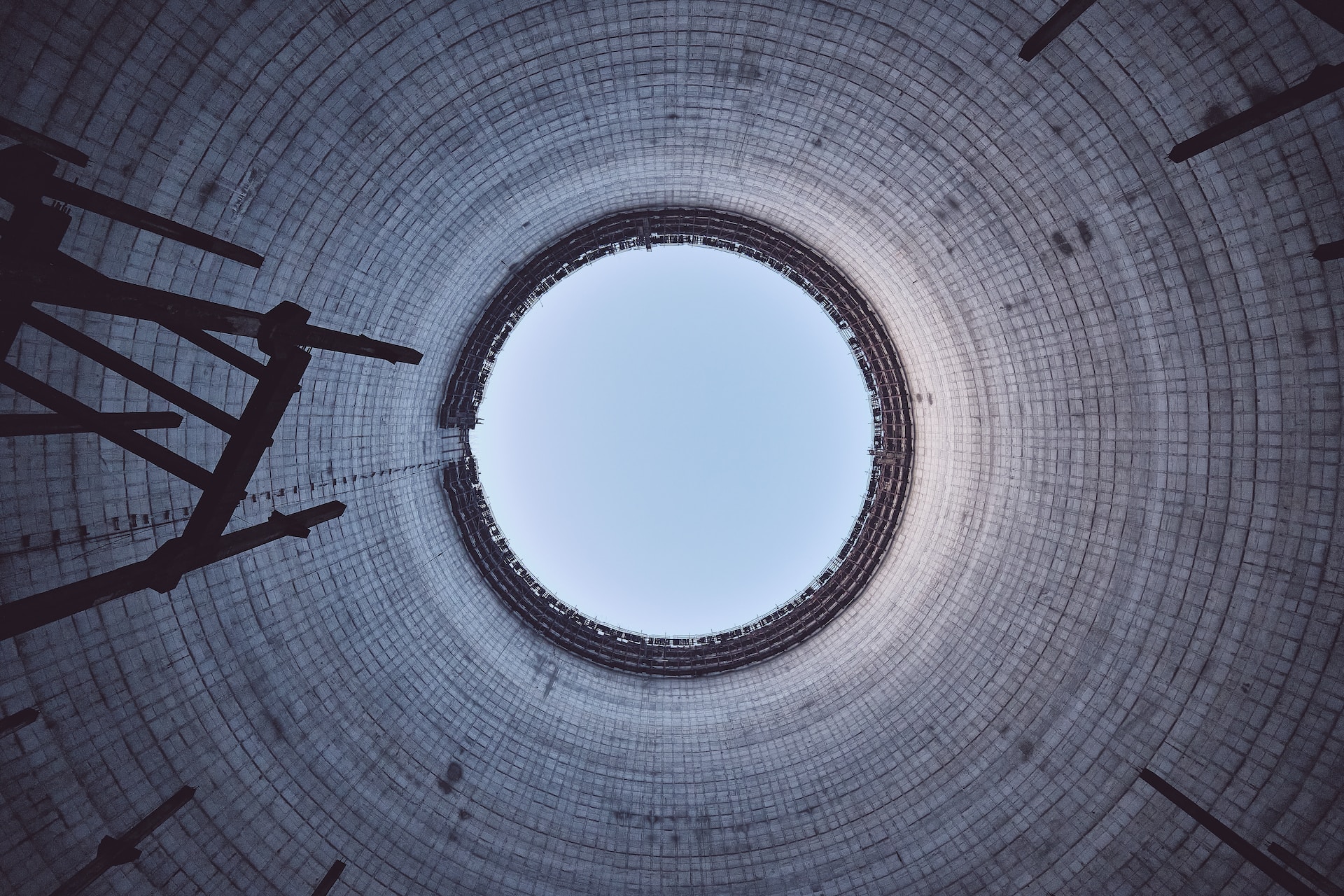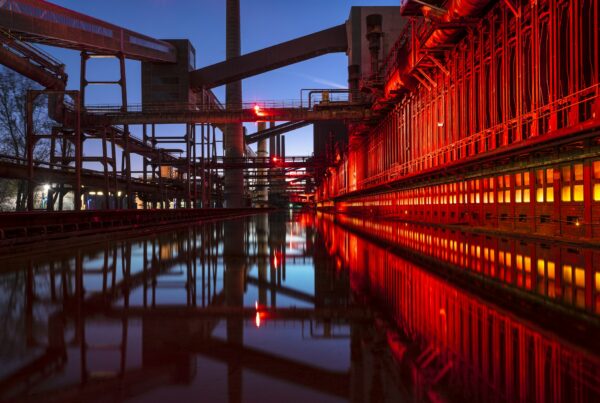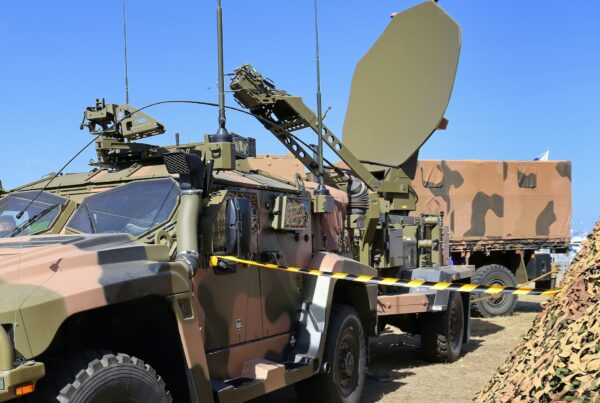Despite multiple delays due to energy shortages last year, Germany has finally shut down all remaining nuclear power plants in the country. That marks an end to a more than 20-year saga to eliminate nuclear energy in Europe’s largest economy. It also signals that natural gas prices have fallen to a point where Germany likely feels comfortable securing adequate supplies from markets outside of Russia. If natural gas prices remain suppressed, that could play a role in undermining a potential nuclear revival across Europe.
The German shutdown would have signaled a large blow to the potential for such a nuclear rebound, if it weren’t for the largest reactor on the continent simultaneously opening up full operations in Finland.
Related ETFs: Sprott Uranium Miners ETF (URNM), Global X Uranium ETF (URA)
Over the weekend, Germany’s final three nuclear power plants shut down for good. That followed multiple short-term extensions to their lifetime throughout Europe’s energy emergency last year but, given falling power prices and a stable supply of gas flowing from the US, the German government finally followed through on their decades-long promise that went all the way back to 2000.
At one point in the 1990s, 19 nuclear reactors powered a third of German’s electricity. Like many of the world’s governments, Germany’s largely fell out of love with nuclear after the Fukushima nuclear disaster in 2011. By the time the summer of 2022 had rolled around, and plans to phase out nuclear were imminent, Deutsche Welle noted that Germany was still relying on its three remaining nuclear power stations to provide 11% of the country’s electricity. Additionally, just 15% of surveyed Germans in a poll by ARD-DeutschlandTrend were in favor of shutting down the country’s remaining reactors. 41% believed they supported extending the operation of the existing units, while an identical portion said the country should continue to use nuclear energy in the long term. That division was not enough to stop Germany’s final phaseout.
Back in the autumn of 2021, MRP began following an increasingly strangled supply of natural gas flowing from Russia to continental Europe, which threatened to foist major European economies into power shortages once Russia’s invasion of Ukraine began and most in the EU felt it necessary to…
To read the complete Intelligence Briefing, current All-Access clients, SIGN IN All-Access clients receive the full-spectrum of MRP’s research, including daily investment insights and unlimited use of our online research archive. For a free trial of MRP’s All-Access membership, or to save 50% on your first year by signing up now, CLICK HERE










